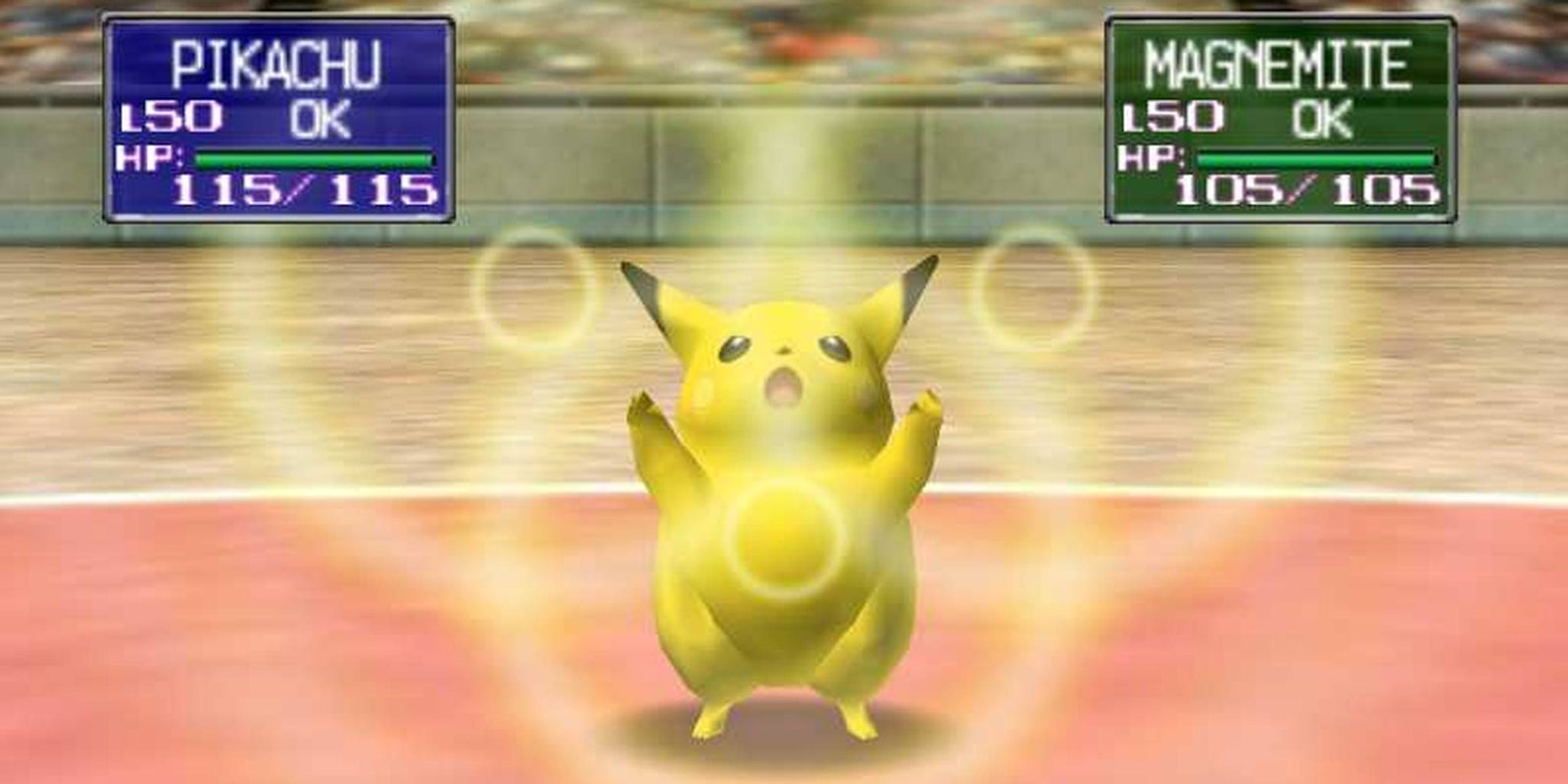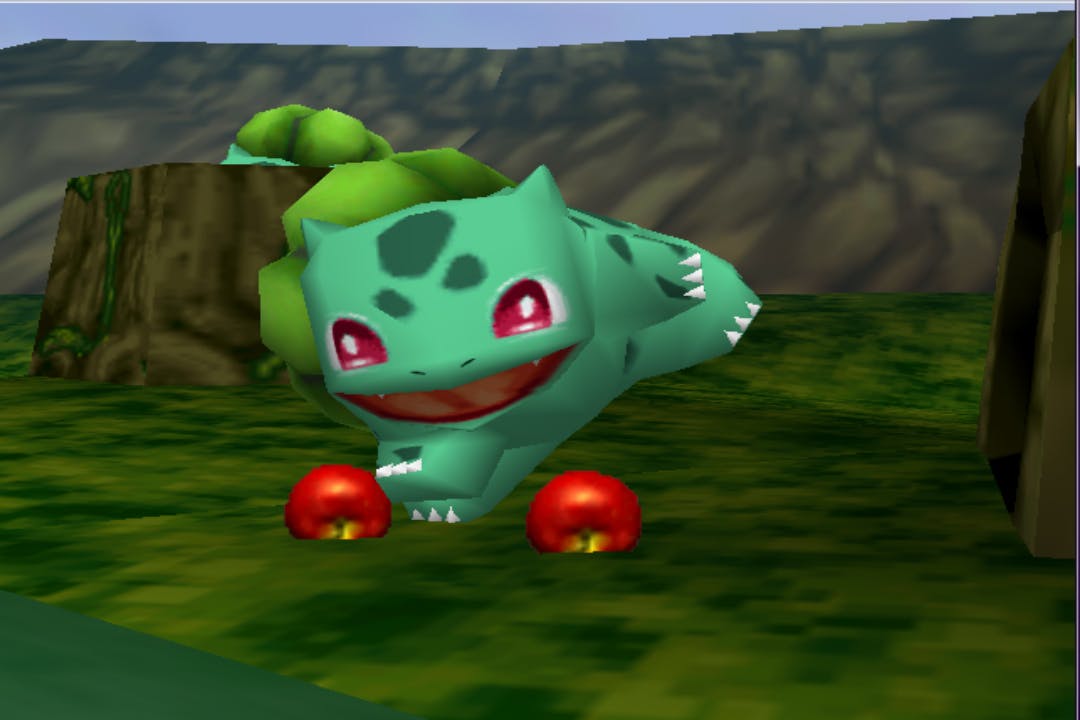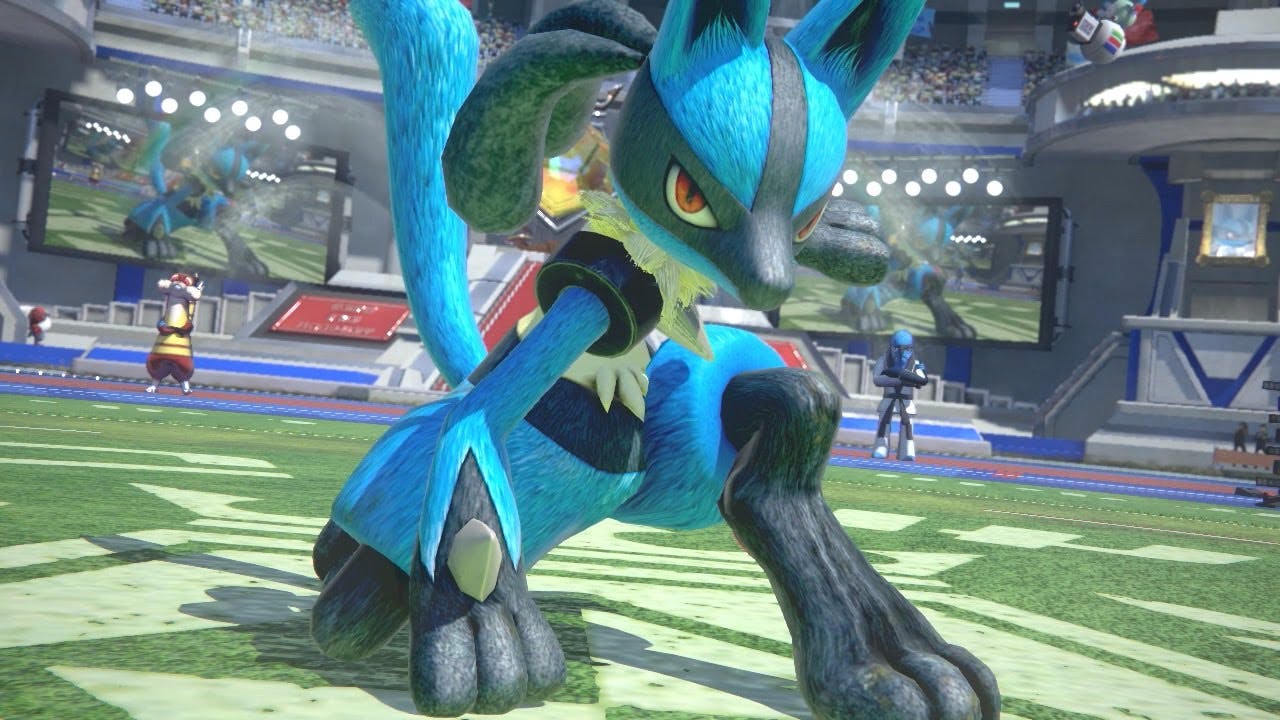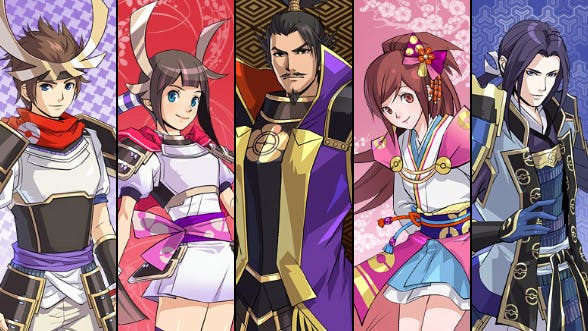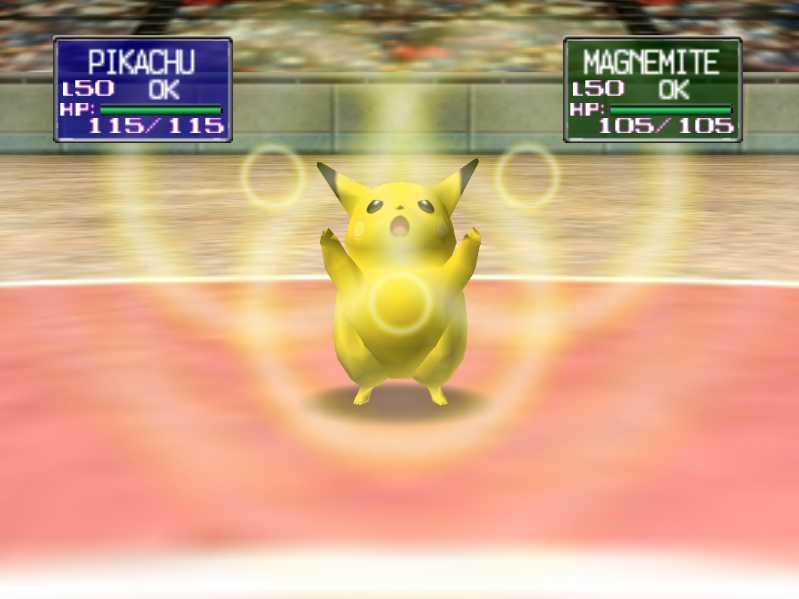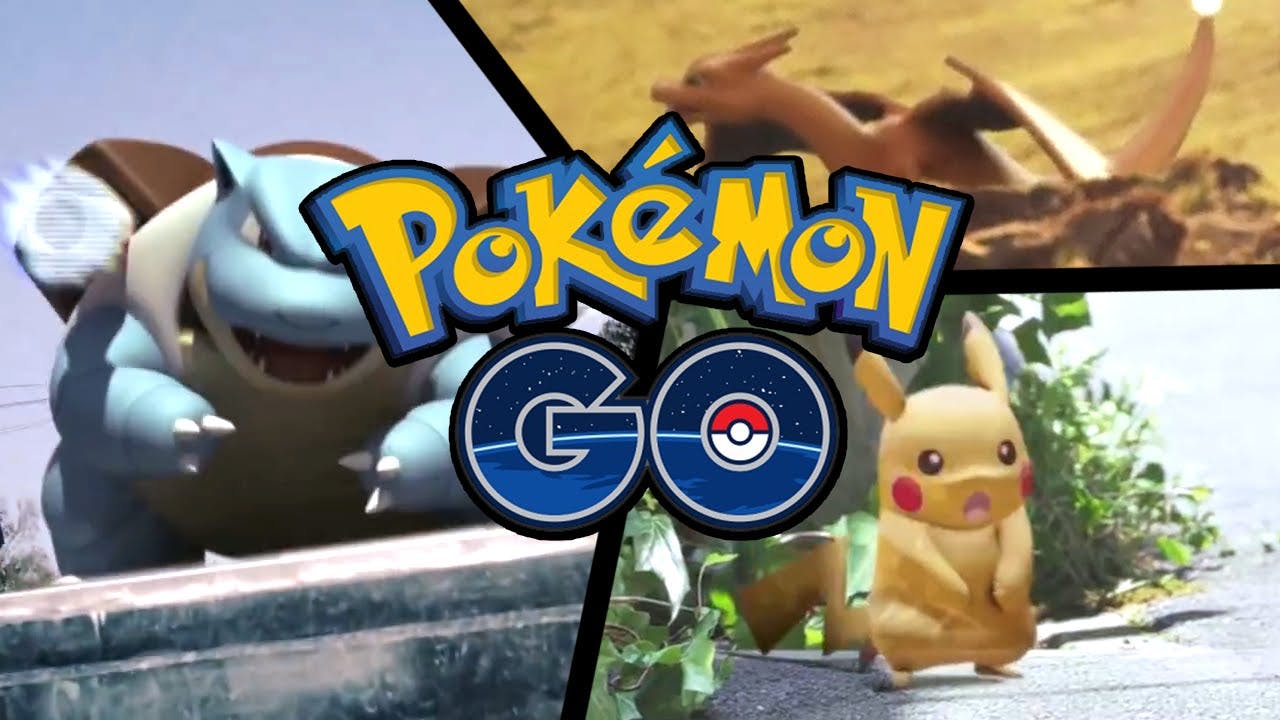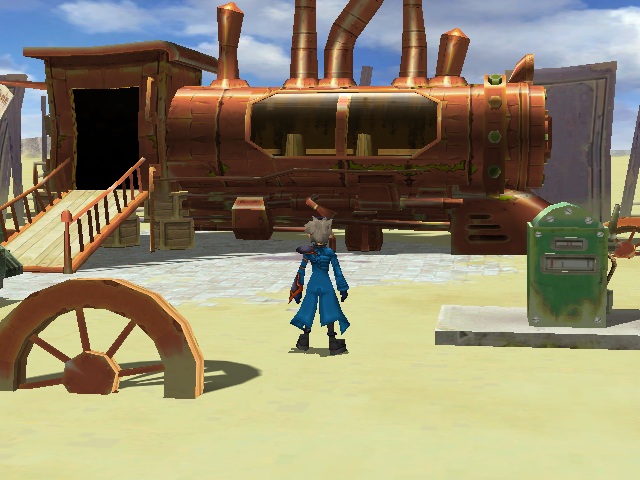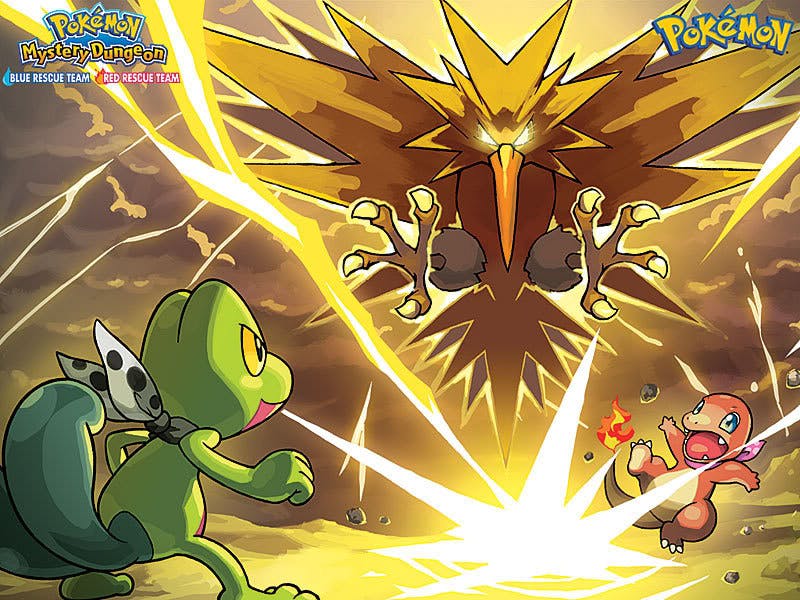The Pokémon franchise has become a global phenomenon over the past 20 years, not just because of the games, but for the anime, movies, trading cards, live-action musical, and countless other forms of merchandise.
While Pokémon got its start as a handheld RPG, it has evolved in many ways to span gaming’s diverse genres and platforms. The series has appeared in some way on every Nintendo handheld console and home console since the Nintendo 64.
To celebrate the series’ 20th anniversary and prepare for the release of Sun and Moon, here is a list of the best adventures you can have in the Pokémon world outside of the main games.
1) Pokémon Snap
Before we all had smartphones with professional-quality cameras in our pockets, the idea of roaming around capturing Pokémon in their natural habitat was a lot more novel of an idea. Pokémon Snap hit the Nintendo 64 in 1999 when Poké-fever was at an all-time high. The game lets players follow an on-rails adventure taking pictures of as many Pokémon as possible to impress the professor with their photographic proficiency. Pokémon island offers plenty of gorgeous vistas and unique environments to explore, and the staggered acquisition of new tools encourages players to go back to find all the hidden monsters. However, Pokémon Snap doesn’t offer a full collection of the original 151, an oversight ignoring the main goal of the series.
2) Pokkén Tournament
Released just this year on the Wii U, Pokkén Tournament originally debuted in Japanese arcades. After years of commanding Pokémon to fight each other from the sidelines, this fighting game puts players directly into the action by brawling monster-on-monster. The mechanics borrow heavily from proven staples of the genre, including Tekken and Street Fighter, but add a twist to entice any long-time fan of Pokémon. The roster, though on the small side, allows each character to play in a completely different way, from Chandelure’s floaty, projectile-heavy strategy to Machamp’s up-close and personal four-armed approach to wrestling. It seems that Pokkén has connected with a competitive audience and may have a future in global arcades and tournaments.
3) Pokémon Conquest
This strange crossover released on the Nintendo DS in 2012 moved the focus off of combat and on to strategy, while bringing in some alternate Japanese history. Borrowing elements from the obscure Nobunaga’s Ambition series, the story focuses on warlords and warriors linking with their Pokémon and engaging in Fire Emblem-esque battles. The turn-based strategy shifted to a grid that focused on careful movement and precision, rather than just selecting the moves your creatures would use. In fact, Pokémon only had access to one move in combat, but warlords could link with Pokémon of their speciality and perform unique abilities to enhance their stats. Conquest was one of the strangest turns for the franchise, but one that shouldn’t be forgotten.
4) Pokémon Stadium
Another Nintendo 64 title, this game removed the systems of exploration and progression from the handheld titles to focus exclusively on Pokémon battling. It still presented the same “rise through the ranks and become the strongest Pokémon trainer in the land” objective as the main series, but with a catch. Stadium didn’t waste time getting caught up on story, but offered the beautifully rendered (at the time) Pokémon action we all wanted to see. Each move had a unique, exciting animation and the combinations you could add to your team were just as satisfying as in Red and Blue. A sequel a few years later added all the Generation 2 Pokémon, and kept the same engaging 3D battles.
5) Pokémon Trozei
This Nintendo DS puzzle game is the least similar to the original mechanics of Pokémon, instead borrowing more from Tetris. Instead of colored blocks, though, players control tiny Pokémon icons as they fall from the sky. Using the touch screen, players organize and order the characters as time races, trying to clear the bottom screen as quickly as possible. The game made clever use of Pokémon types for unique bonuses and combos, as well as offering a twist on boss battles with Pokémon that could throw hazards and obstacles to change up the drag-and-drop gameplay. For a puzzle game, Trozei had a fairly competent story and placed a heavy emphasis on collecting all the individual Pokémon icons.
6) Pokémon Go
The first reveal trailer for this smartphone app captured the imagination of Pokémon fans around the world, offering the fulfillment of all our childhood dreams by bringing Pokémon to the real world. Of course, the final product wasn’t as high-quality as the teaser may have implied, but Pokémon Go still went on to become a global phenomenon. For a few weeks this Summer, it was impossible to go outdoors without seeing crowds of people yelling about a rare Pokémon sighting or taking on a gym, swearing allegiance to their chosen team. The hype behind this augmented-reality game slowly settled down after the repetitive nature of grinding for eggs and XP became apparent, as well as changes to tracking and finding new species. However, with the addition of new monsters and trading on the way, Pokémon Go will remain a daily part of a lot of users’ lives for the foreseeable future.
7) Pokémon Ranger
Originally released for the Nintendo DS in 2006, the Pokémon Ranger series focuses on the implications of living in a world inhabited with these fantastical beasts. Players take on the role of an altruistic environmentalist, who saves creatures from danger by bonding with them and uses their unique abilities to solve natural disasters. Of course, evil-doers want to use Pokémon’s power for their own personal gain, and it’s up to you to stop them. Rather than use PokéBalls to capture their team members, Rangers use a special tool to draw rings around the wild Pokémon and ally with them. Over the course of three games, the number of available monsters continued to grow and the unique story expanded the reach of the Pokémon universe.
8) Pokémon Colosseum
Pokémon Colosseum and Pokemon XD: Gale of Darkness might be as close as we’ll ever come to a proper full-fledged 3D adventure on a home console set in the Pokémon world. Boasting some of the GameCube’s most impressive graphics, this underappreciated side of the series borrowed Pokémon Stadium’s realized battle scenes and added an original story. The pair of games took place in an original region, following a criminal organization that corrupted the spirits of Pokémon and caused all sorts of trouble. Though they didn’t add any new exotic Pokémon species to collect, these games featured a colorful cast of characters and further expanded the lore of the Pokémon world for die-hard fans of the series.
9) Pokémon Mystery Dungeon
Easily the most thorough and expansive spin-off collection in the Pokémon world, the Mystery Dungeon series got its start in 2005, and the most recent entry launched late last year. This series lets players live as a Pokémon, or rather a human who has been mysteriously transformed into a monster of his or her choice. The Mystery Dungeon games include every Pokémon released at the time they launched as well as original, emotional stories full of twists and turns. Players went on quests through multiple floors of labyrinthian environments, relying on partner Pokémon and items to survive and do battle with powerful bosses. The Mystery Dungeon games featured the best writing in any game with Pokémon in the title, as well as hours of rewarding, classic RPG-style gameplay.

